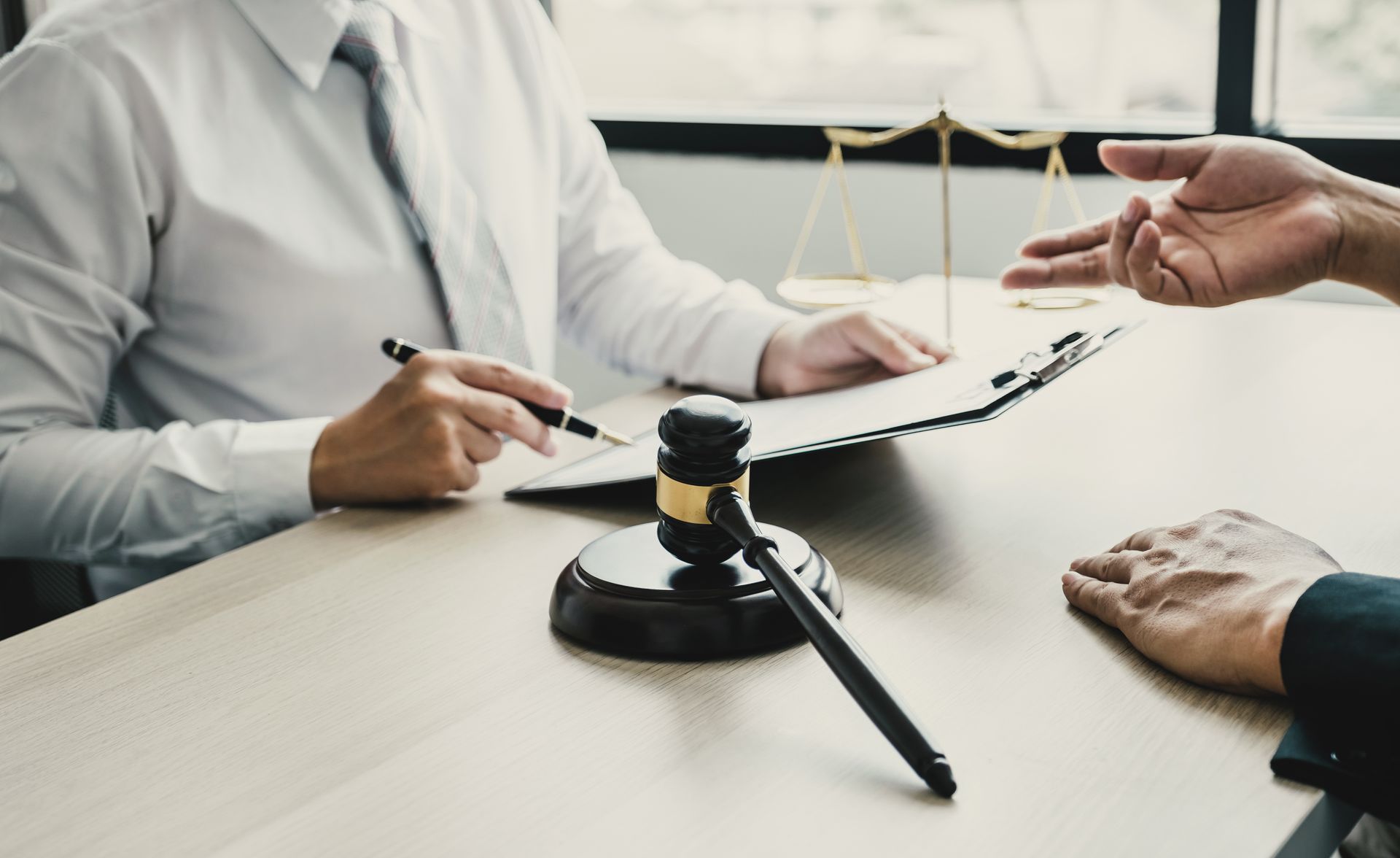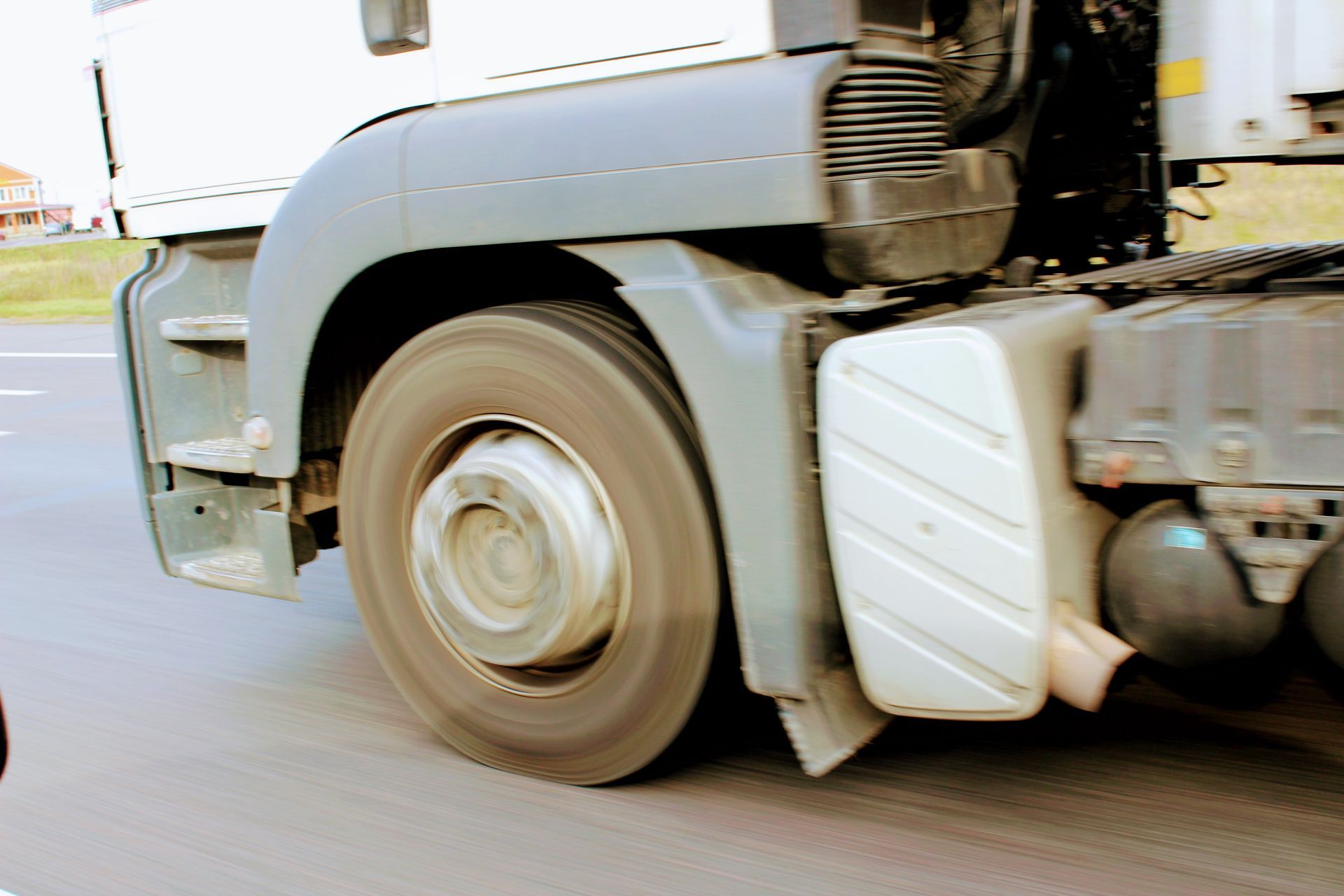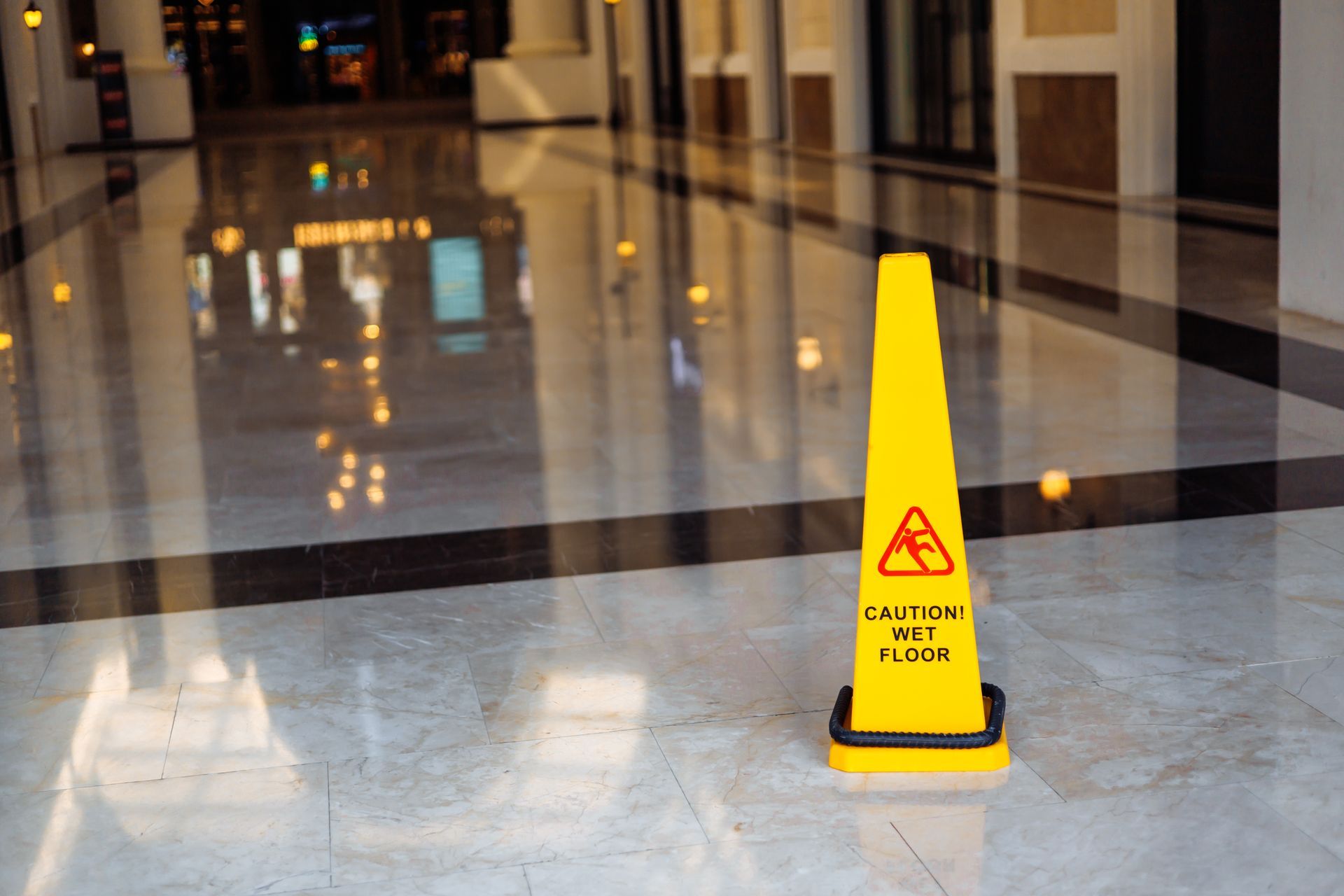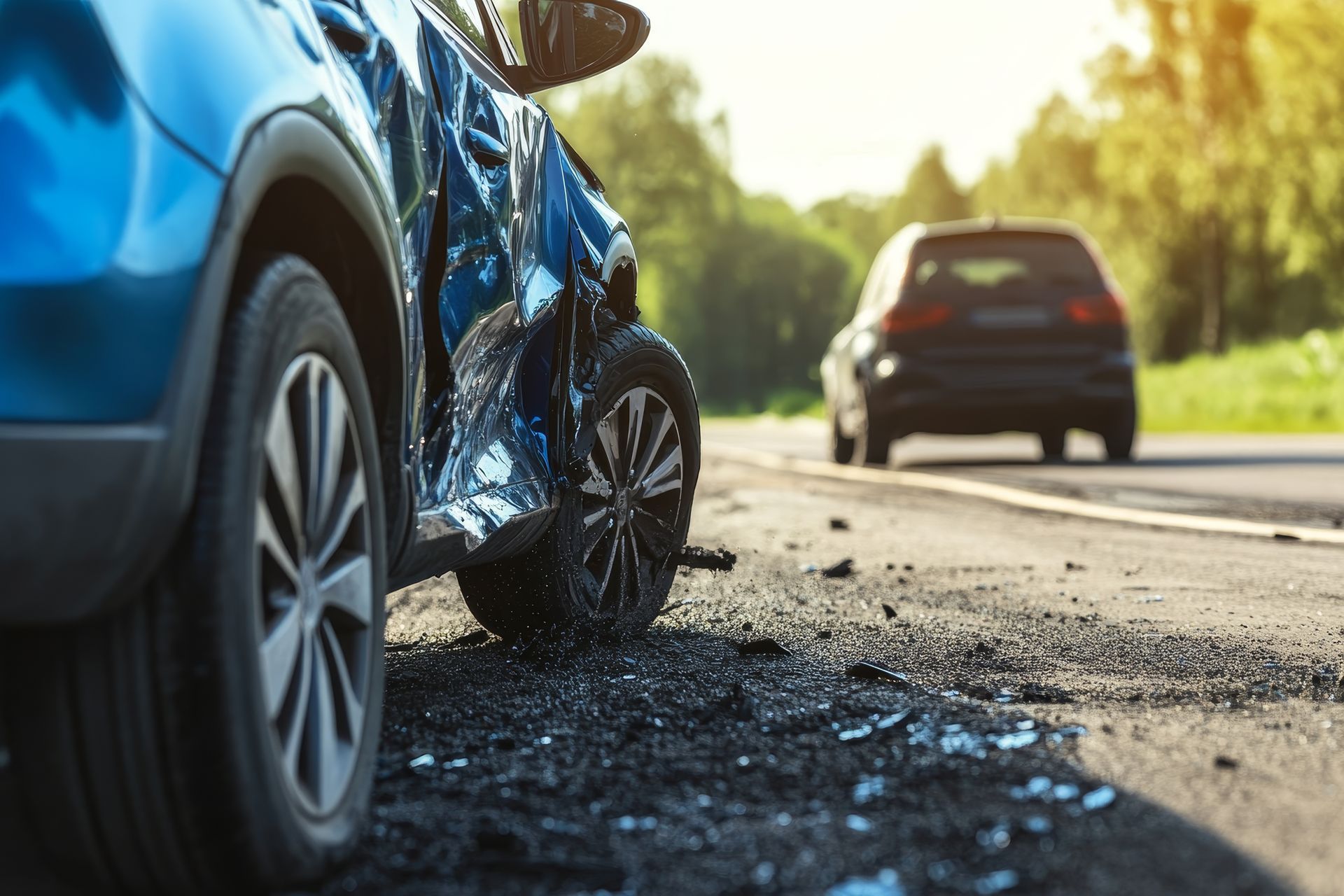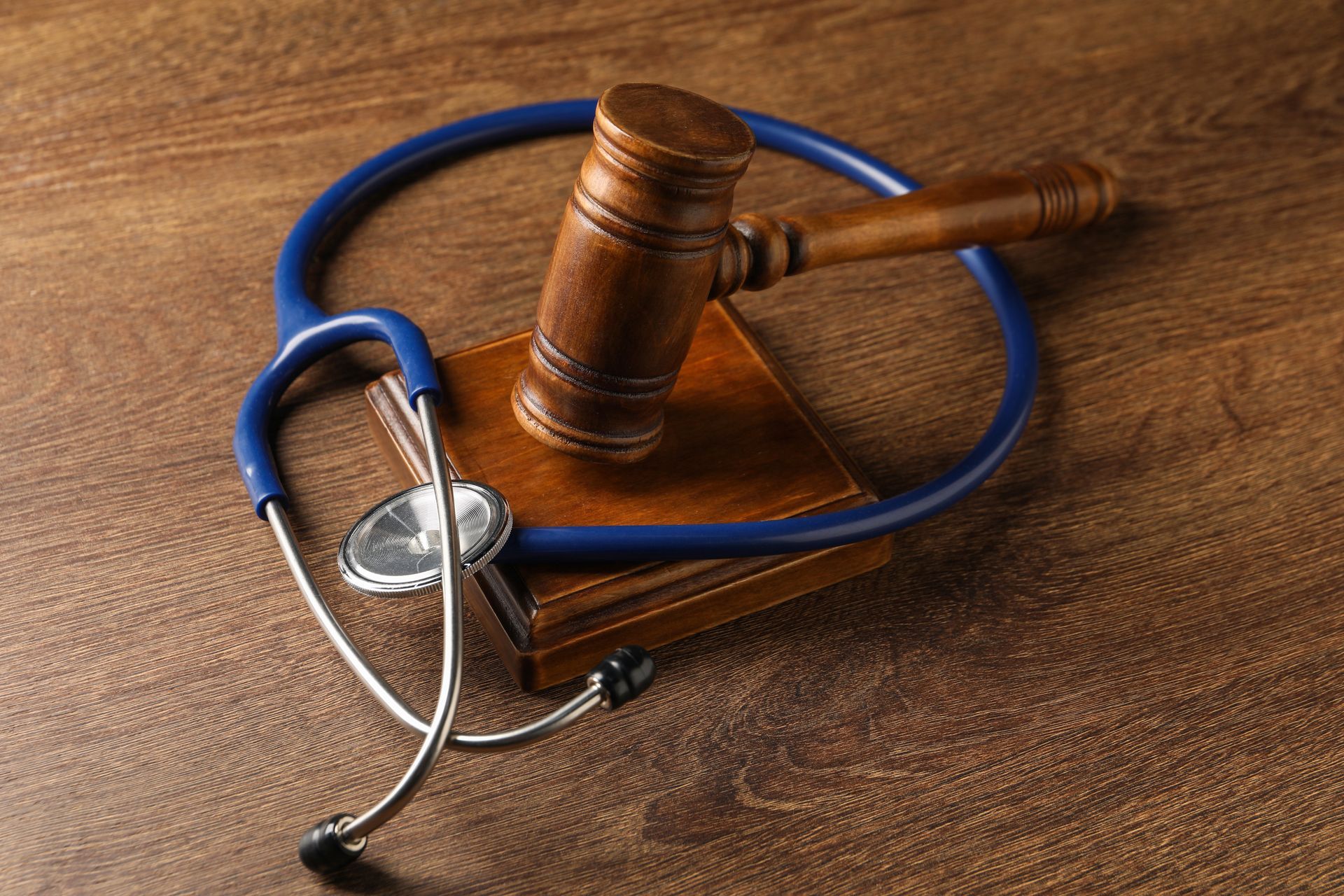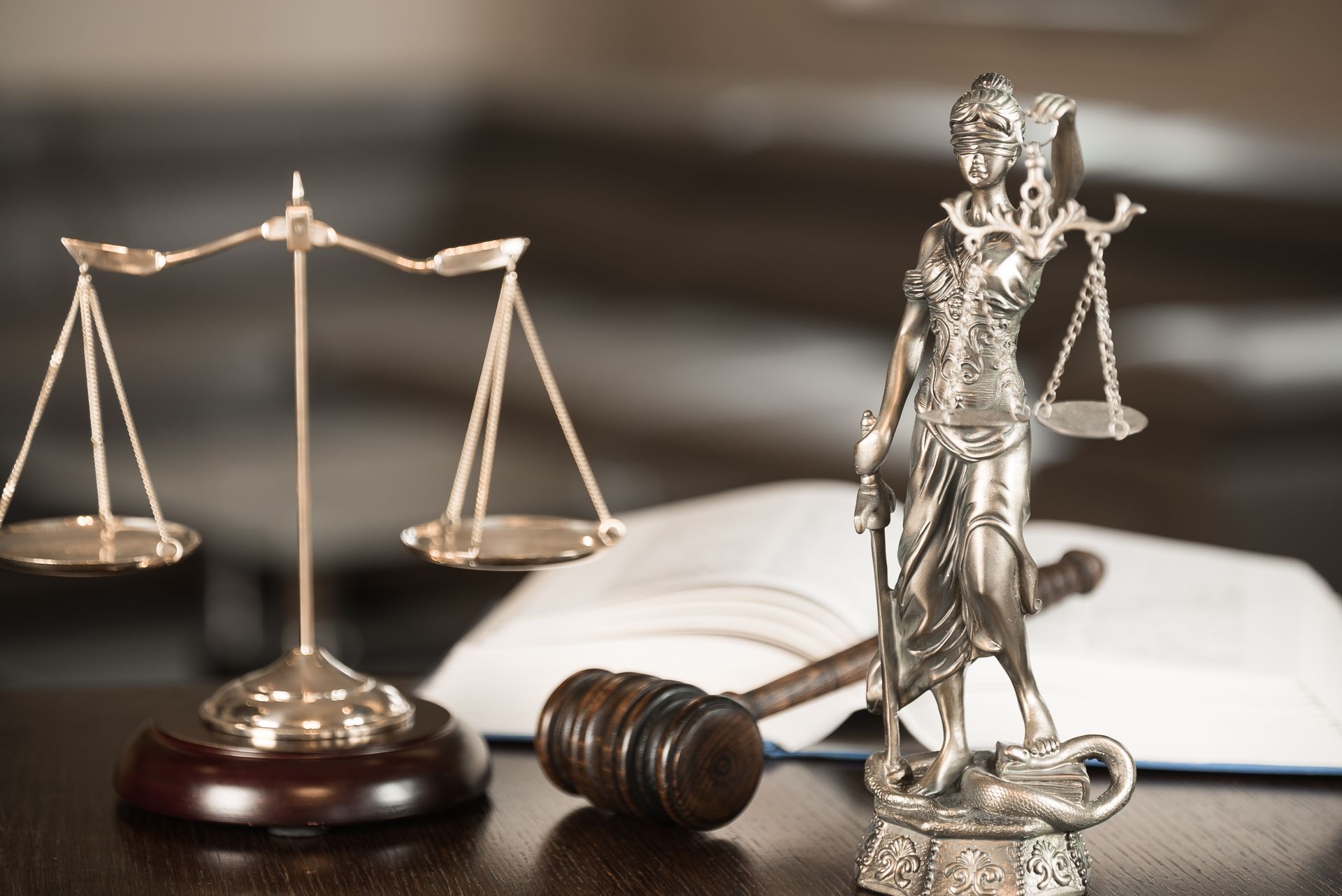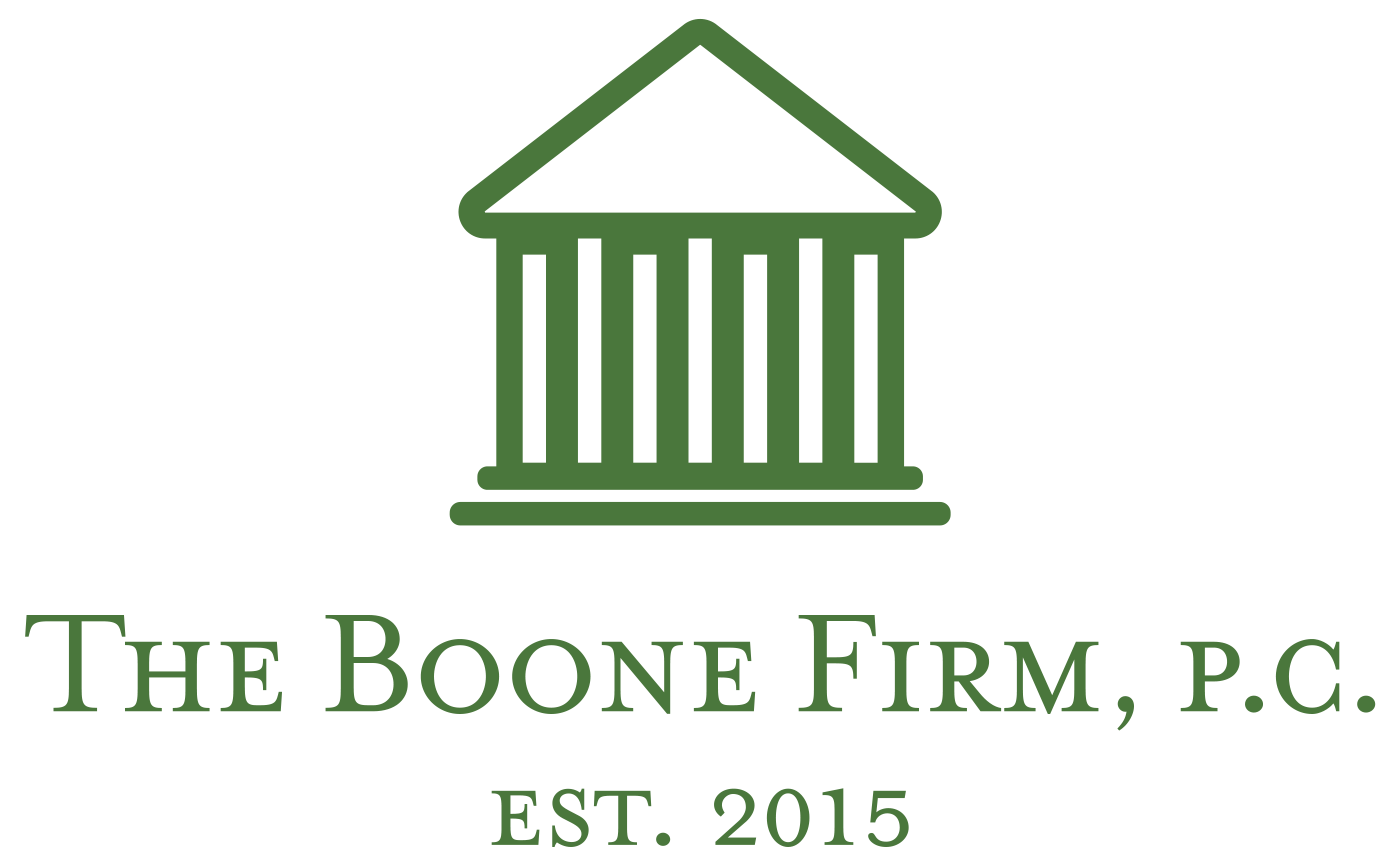How Do I Choose Between Chapter 7 and Chapter 13 Bankruptcy in Georgia?
How Do I Choose Between Chapter 7 and Chapter 13 Bankruptcy in Georgia?
Filing for bankruptcy is a significant decision that can help individuals and businesses regain financial stability. However, choosing between Chapter 7 and Chapter 13 bankruptcy can be confusing. Understanding the differences between these two types of bankruptcy is essential to determine which option is best for your situation. At The Boone Firm, P.C., we provide legal assistance to individuals and businesses in Georgia, guiding them through every step of the bankruptcy process.
Chapter 7 Bankruptcy: A Fresh Start
Chapter 7 bankruptcy, often called "liquidation bankruptcy," is designed for individuals with limited income who are unable to repay their debts.
Key Features:
- Debt Discharge: Unsecured debts like credit card debt, medical bills, and personal loans can be discharged, relieving you of the obligation to repay them.
- Asset Liquidation: Non-exempt assets may be sold to repay creditors, though many people retain essential property through Georgia's exemption laws.
- Quick Process: Most Chapter 7 cases are completed within 4 to 6 months.
- Income Requirement: You must pass the means test, which compares your income to the state median, to qualify.
Best For:
- Individuals with significant unsecured debt.
- Those with little disposable income or assets.
- People seeking a fast resolution to overwhelming debt.
Chapter 13 Bankruptcy: A Reorganization Plan
Chapter 13 bankruptcy is a "reorganization" bankruptcy, allowing individuals to keep their property while repaying debts over time through a court-approved payment plan.
Key Features:
- Repayment Plan: Debts are reorganized into a 3- to 5-year repayment plan based on your income and expenses.
- Keep Your Assets: Unlike Chapter 7, you can keep all your property, including non-exempt assets, as long as you comply with the repayment plan.
- Debt Limits: There are limits on the amount of secured and unsecured debt you can have to qualify for Chapter 13.
- Income Requirement: You must have a regular income to demonstrate the ability to make monthly payments.
Best For:
- Individuals with regular income who want to avoid foreclosure or repossession.
- Those with significant secured debts, such as mortgages or car loans.
- People needing time to catch up on missed payments while retaining their assets.
Factors to Consider When Choosing Between Chapter 7 and Chapter 13
- Income Level: If your income is below the state median, Chapter 7 may be the best option. If you have a steady income, Chapter 13 allows you to reorganize and manage your debts.
- Type of Debt: Chapter 7 is better for discharging unsecured debts, while Chapter 13 can help manage secured debts and avoid foreclosure.
- Asset Protection: If you have significant assets you want to keep, Chapter 13 offers more protection.
- Time Commitment: Chapter 7 is faster, while Chapter 13 involves a long-term repayment plan.
How The Boone Firm, P.C. Can Help
Deciding between Chapter 7 and Chapter 13 bankruptcy requires careful consideration of your financial situation and long-term goals. At The Boone Firm, P.C., we provide personalized legal guidance to help Georgia residents make informed decisions. Our experienced attorneys will assess your financial circumstances, explain your options, and guide you through the bankruptcy process to ensure the best possible outcome.
Contact us today for a consultation and take the first step toward financial freedom.
